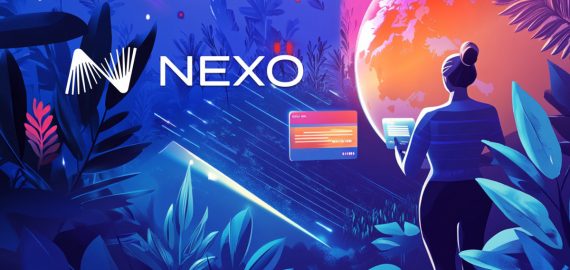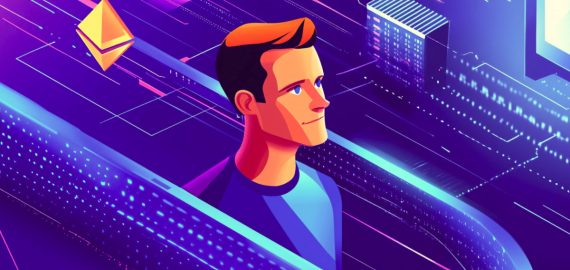Google Requests Are About Seven Times Cheaper Than ChatGPT, Which Costs 2 Cents

In Brief
The ChatGPT neural network is being built into the Bing search engine, allowing it to understand context and answer complex questions.
However, users are dissatisfied with the lack of answers, as it uses someone else’s work and does not give anything in return.
Additionally, it is much more expensive than a regular query to a search engine, with one chat in ChatGPT costing 2 cents and a regular Google request costing 7 times less.
Some users do not share optimism about the new search format from Bing. While it might be cool to have a really smart search, what Microsoft demonstrated yesterday and its plans for the future simply break the entire familiar Internet, which is made up of sites.
Here’s some context for those who missed yesterday’s news: A new version of the ChatGPT neural network is being built into the Bing search engine. The search engine is now able to understand the context of the inquiry and answer complex questions. For example, compare TVs, offer a complete travel plan for a week, and so on.

Why are users dissatisfied? The neural network does not come up with answers. It parses a huge number of sites that individuals or teams create and steals information from there. Yes, there are small links to the sources from which the information originates. However, few people, if not no one will, will visit them at all. Why? The answer has already been received. It turns out that “smart search” simply uses someone else’s work and does not give anything in return.
In addition, such a “smart query” is much more expensive than a regular query to a search engine. One chat in ChatGPT costs 2 cents; the cost of a regular Google request is about seven times less. That’s why Microsoft immediately announced that ads would come right away, and the search engine will profit from someone else’s work.
Total cannibalization of search results and a monopoly on information

The rise of technology giants such as Google and Microsoft in the early 21st century has meant that these companies have a near-total monopoly on how people access information through search results and other data. Plus, the very fact of “one window” scares users. If there is a place where you can ask anything and get a simple answer, and “everyone” takes advantage of this opportunity, then there is a non-zero probability that “stakeholders” will be interested in managing or regulating these answers.
Yesterday, Microsoft presented its search; today, it will be Google, then everyone else. Instead of a big web with millions of sites, a few companies will rule the roost with all the answers. The monopolization of the Internet market in past years was not even close to what could happen next. SEO and news media collapse? Everything flies off a cliff into the past.
We are pretty sure there will be lawsuits about this.
Read more about ChaGPT:
Disclaimer
In line with the Trust Project guidelines, please note that the information provided on this page is not intended to be and should not be interpreted as legal, tax, investment, financial, or any other form of advice. It is important to only invest what you can afford to lose and to seek independent financial advice if you have any doubts. For further information, we suggest referring to the terms and conditions as well as the help and support pages provided by the issuer or advertiser. MetaversePost is committed to accurate, unbiased reporting, but market conditions are subject to change without notice.
About The Author
Damir is the team leader, product manager, and editor at Metaverse Post, covering topics such as AI/ML, AGI, LLMs, Metaverse, and Web3-related fields. His articles attract a massive audience of over a million users every month. He appears to be an expert with 10 years of experience in SEO and digital marketing. Damir has been mentioned in Mashable, Wired, Cointelegraph, The New Yorker, Inside.com, Entrepreneur, BeInCrypto, and other publications. He travels between the UAE, Turkey, Russia, and the CIS as a digital nomad. Damir earned a bachelor's degree in physics, which he believes has given him the critical thinking skills needed to be successful in the ever-changing landscape of the internet.
More articles

Damir is the team leader, product manager, and editor at Metaverse Post, covering topics such as AI/ML, AGI, LLMs, Metaverse, and Web3-related fields. His articles attract a massive audience of over a million users every month. He appears to be an expert with 10 years of experience in SEO and digital marketing. Damir has been mentioned in Mashable, Wired, Cointelegraph, The New Yorker, Inside.com, Entrepreneur, BeInCrypto, and other publications. He travels between the UAE, Turkey, Russia, and the CIS as a digital nomad. Damir earned a bachelor's degree in physics, which he believes has given him the critical thinking skills needed to be successful in the ever-changing landscape of the internet.


















































